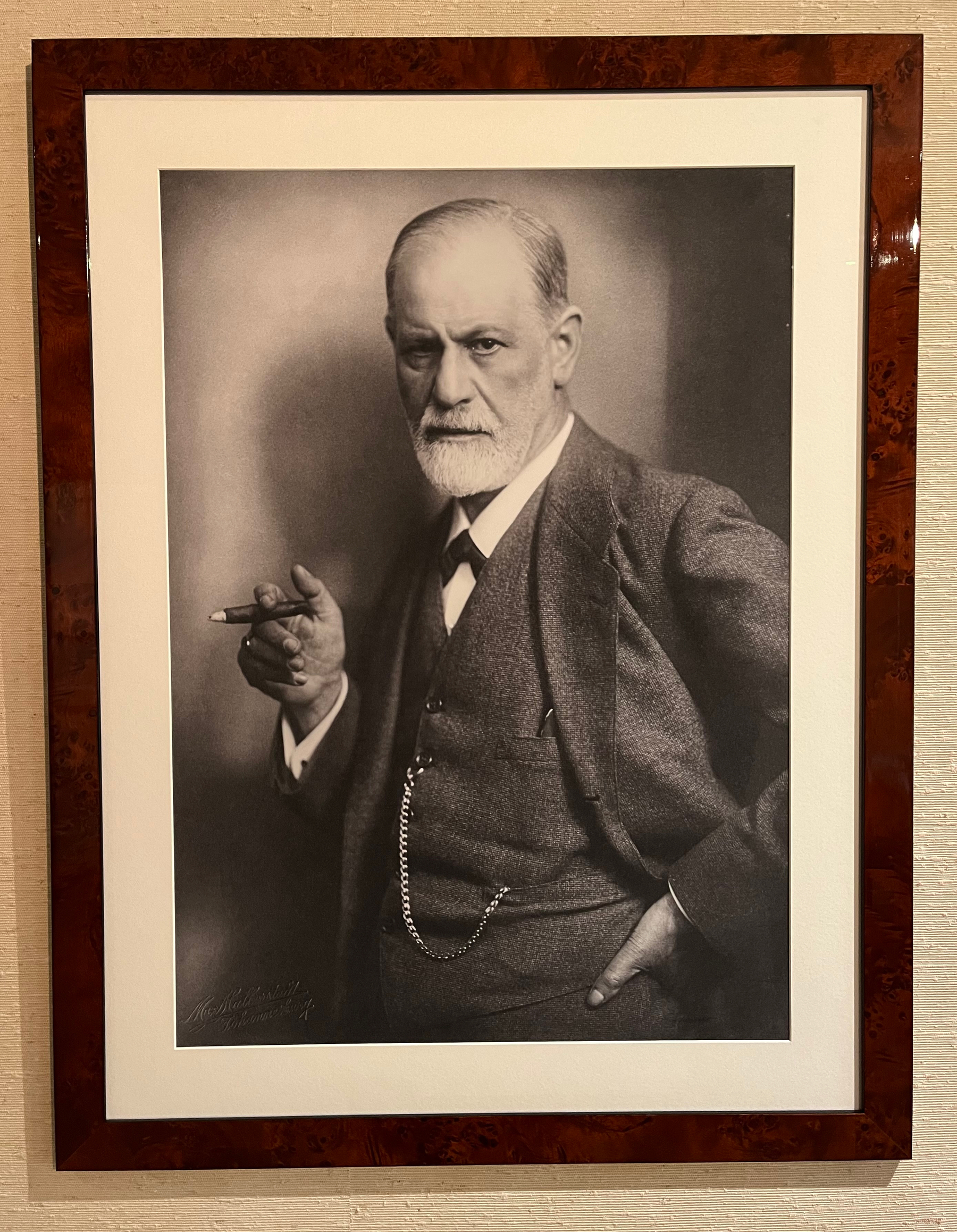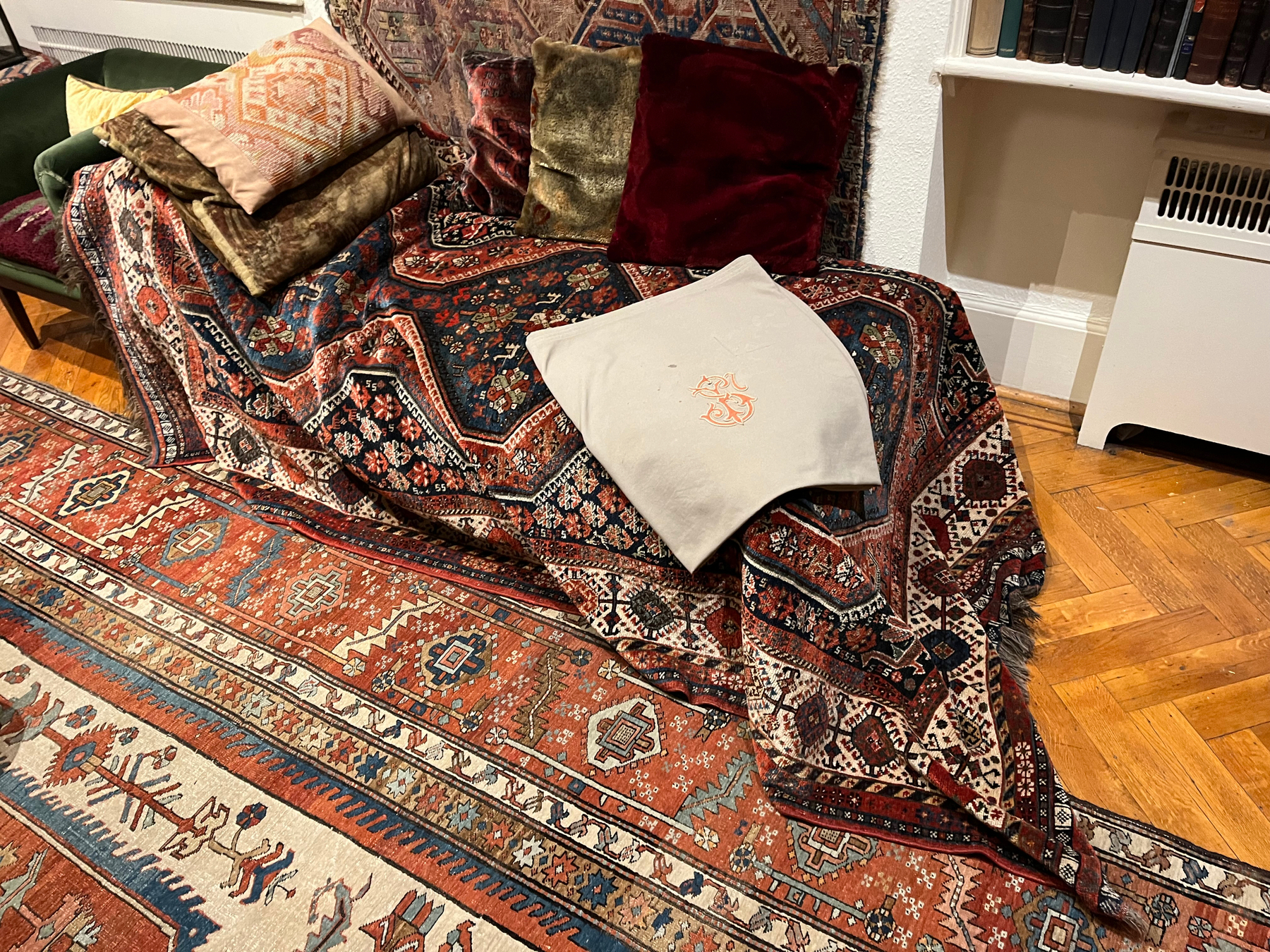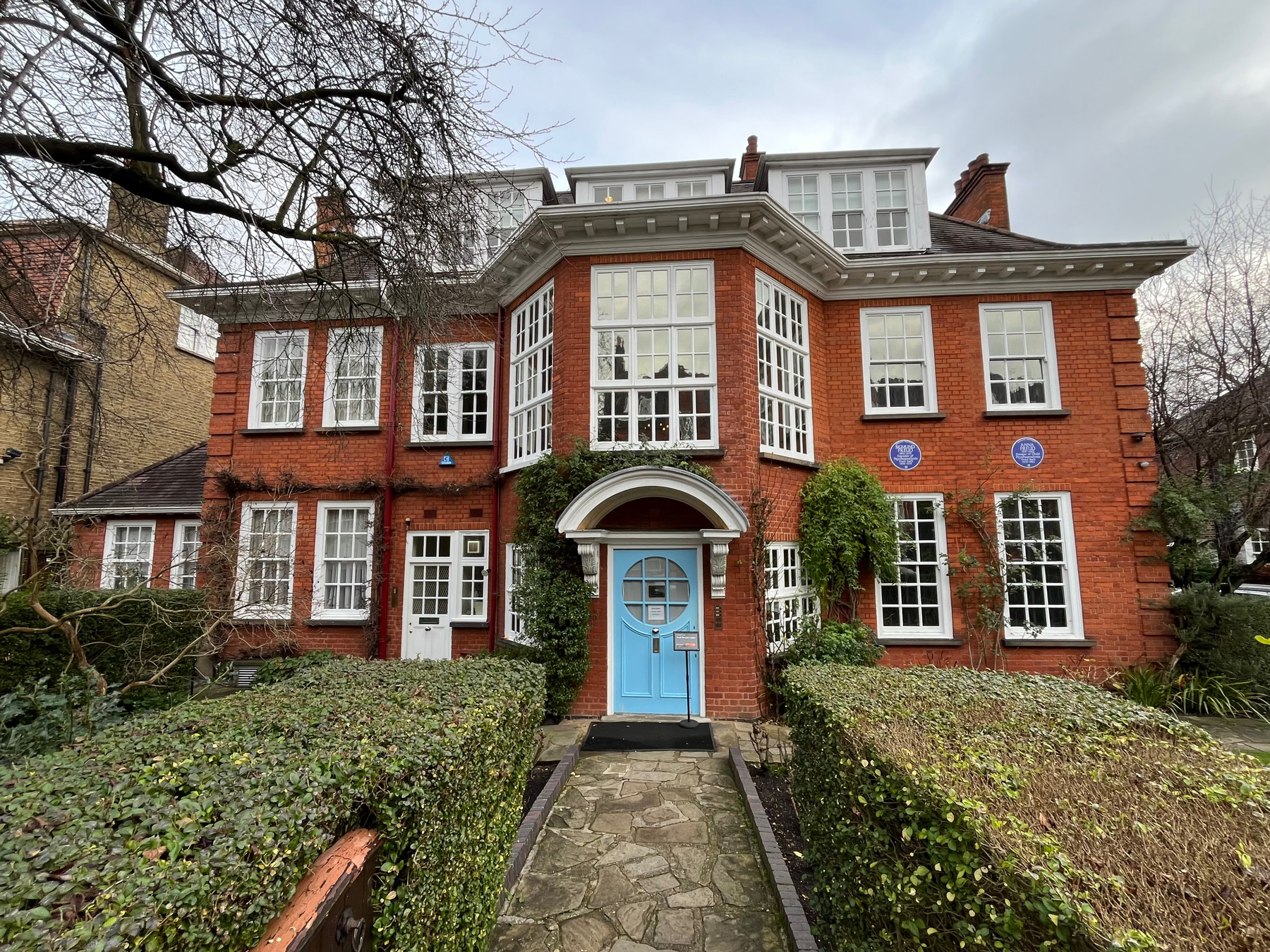I recently visited the final residence of Sigmund Freud - the extraordinarily famous father of psychoanalysis, he of the id, ego and super-ego. It’s now the Freud Museum.
Freud believed that human behaviour is largely determined by unconscious motivations that originate in one’s childhood. In particularly those that developed as a result of encounters with love, loss, sexuality or death. He developed a talking therapy that aimed to help patients understand and deal with any adverse impact that their resultant unconscious was having on their lives.
Freud’s theories paint a picture of human beings as internally conflicted, governed by unruly instinctual impulses rather than by reason, and generally lacking self-knowledge.
Famously, patients would lie on a couch whilst undergoing their analysis. The couch itself can be still be seen in the museum.
His final home was in 20 Maresfield Gardens, London.
Until 1938 he lived and practiced his profession in Austria. But when the Nazis annexed Austria in 1938 he found himself in grave danger. Being both Jewish and a radical thinker he was surely destined for a deadly fate had he not managed to successfully seek refuge in the UK.
I saw the scientific society I had founded dissolved, our institutions destroyed, our printing press taken over by the invaders, the books I had published confiscated or reduced to pulp, and my children expelled from their professions.
Unfortunately his sisters were not so lucky in terms of getting out, with each of them succumbing to death in Nazi concentration camps.
But Sigmund made it to England in 1938. He lived only about one year more, dying in 1939. One of his daughters, Anna Freud, herself a practitioner of psychoanalysis who went on to develop the field of psychoanalytic child psychology, then resided there until her death in 1982.
It was Anna that set in motion the conversion of their last residence into a public museum, wherein now you can visit both the Freuds' treatment rooms in something akin to their original glory. Sigmund’s love of antiquity is apparent with his various collections dotted around his office.
He appears to have had a particular interest with the Acropolis of Athens.



